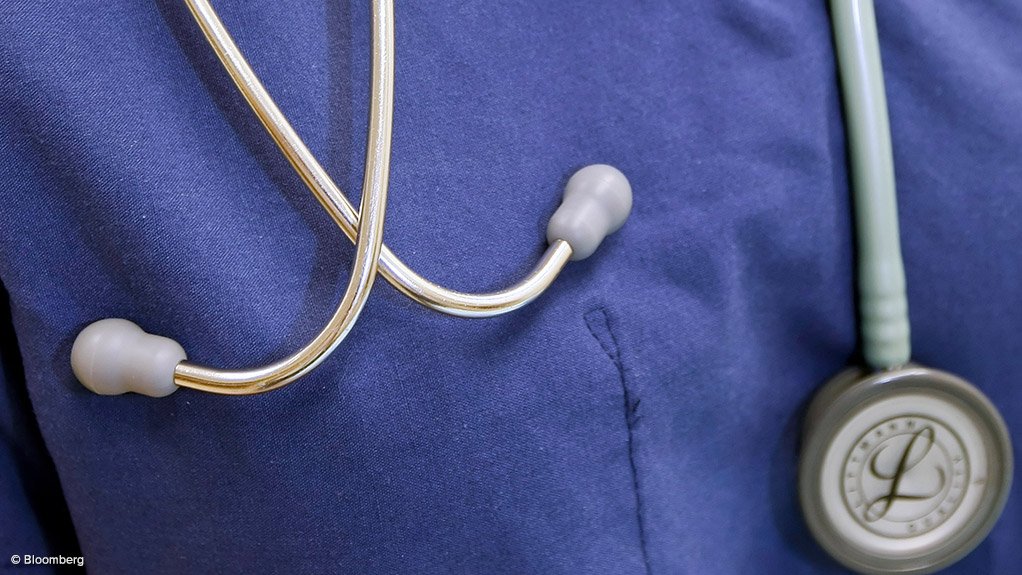/ MEDIA STATEMENT / The content on this page is not written by Polity.org.za, but is supplied by third parties. This content does not constitute news reporting by Polity.org.za.
Hospersa has welcomed the allocation of additional funds towards the implementation of the National Health Insurance (NHI). However, the Union has criticised government for the increase in VAT stating that it is the poor that will be affected the most. The Union is disappointed that the minister did not address the filling of vacant posts in the public service – especially in public health and calls for the issue of maladministration and corruption by senior officials to be immediately addressed.
In his budget speech delivered in National Assembly yesterday, Finance Minister Malusi Gigaba allocated R4.2 billion towards the National Health Insurance (NHI) which will be funded through an amendment to the medical expenses tax subsidy. Overall, government will be spending R205 billion on health in 2018/19 growing to R240 billion by 2020/21.
“We welcome the funding of NHI,” said Hospersa General Secretary Noel Desfontaines. “The additional cash injection will go a long way in ensuring government achieves its objective of delivering universal health to South Africans, especially the poor. The budget allocation to public health has to be used in a more prudent manner to ensure public health institutions reach a level of basic functionality for the servicing of communities.
A sour point in his address, the minister hiked value added tax (VAT) from 14% to 15% for the first time in post-democratic South Africa. He also announced a fifty two cents (52c) per litre increase in the levies on fuel, made up of a twenty two cents (22c) per litre for the general fuel levy and a thirty cents (30c) per litre increase in the Road Accident Fund Levy. The so-called sin taxes on alcohol and tobacco were also increased substantially.
“We are disappointed by the increase in VAT,” said Hospersa General Secretary Noel Desfontaines. “VAT is a regressive form of tax which promotes the scourge of inequality in our country. This increase in VAT will erode the salary increase soon to be agreed upon for public service employees at the Public Service co-ordinating Bargaing Council (PSCBC). It is also worth noting that the additional revenue that the government needs to raise is due to lower tax collection by the inefficient South African Revenue Services (SARS) and its corrupt activities. The increase in the fuel levy will also have a knock-on effect on transport, food and general retail costs,” argued Desfontaines.
“We also bemoan the fact that the Minister did not make any mention on how Treasury aims to deal with staff shortages in the public sector, especially in public health,” said Desfontaines. “Our country’s public health system has many structural challenges like staff shortages and lacking capacity at many levels, and this is made worse by poor management and corruption. Government needs to get its house in order if projects like the NHI are to be successfully implemented,” added Desfontaines.
“Even though the economic pundits have welcomed the budget, the country still has a huge budget deficit to make up for. Newly elected President Cyril Ramaphosa ushered in a new dawn in South African politics during his State of the Nation Address last week. In this new dawn, we hope that the issue of corruption and inefficient ministers will be addressed as a matter of urgency in order to avoid further budget shortfalls in coming years,” concluded Desfontaines.
Issued by Hospersa
EMAIL THIS ARTICLE SAVE THIS ARTICLE ARTICLE ENQUIRY
To subscribe email subscriptions@creamermedia.co.za or click here
To advertise email advertising@creamermedia.co.za or click here











